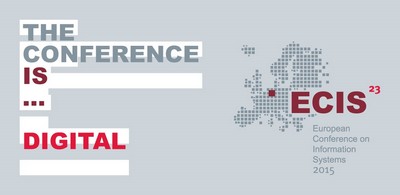DOI
10.18151/7217523
Abstract
While the digitization of the business landscape provides firms with numerous business opportunities, it has severely disrupted established business practices of many traditional "offline businesses." To shed light on the disruptive nature of digitization and the challenges that it entails for traditional offline businesses, we draw on path dependence theory to examine how digitization disrupts strategic paths. We explore this issue by analyzing the strategic path of funeral homes, a paradigmatic case of a traditional offline business that has been struck heavily by digitization. We show that digitization is capable of destabilizing the key mechanisms that drive the successful reproduction of strategic paths and, consequently, induce their eventual demise, whereas other (non-digital) disruptive events may challenge the strategic pattern of paths but do not necessarily lead to path disruption. By discerning and emphasizing this disruptive peculiarity of digitization, we contribute to better understanding the disruptive nature of digitization and the challenges that it entails for traditional offline businesses. Furthermore, we extend the extant literature on path dependence by providing a more nuanced understanding of path disruption, and we offer guidance to practitioners on how to cope with the challenges of path disruption through digitization.
Recommended Citation
Wenzel, Matthias; Wagner, David; Wagner, Heinz-Theo; and Koch, Jochen, "Digitization and Path Disruption: An Examination in the Funeral Industry" (2015). ECIS 2015 Completed Research Papers. Paper 199.
ISBN 978-3-00-050284-2
https://aisel.aisnet.org/ecis2015_cr/199


